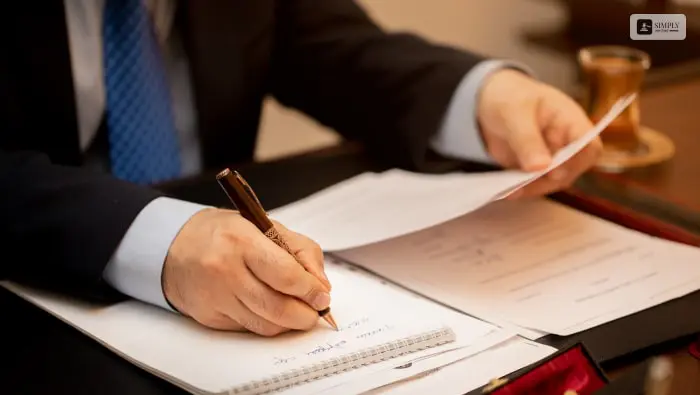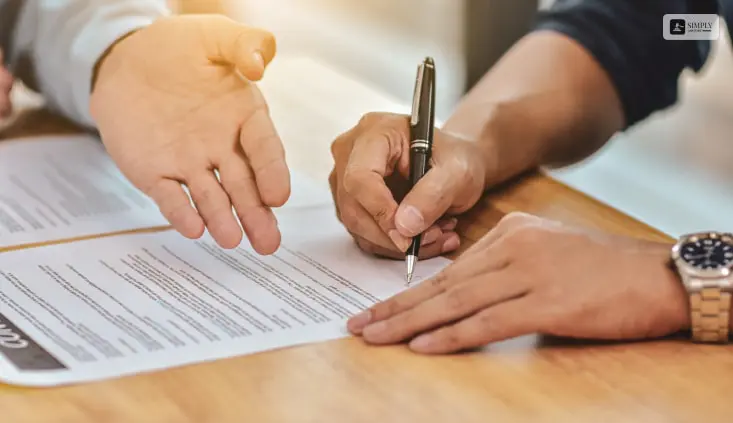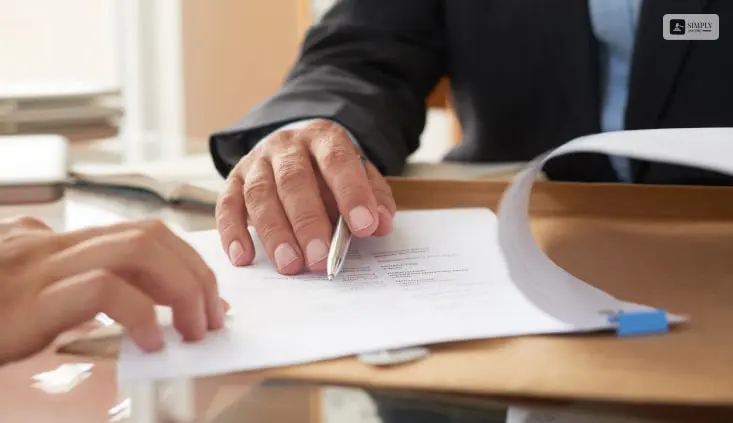
If you are a resident of Louisiana, what does power of attorney mean for you? In this article, we will briefly discuss the power of attorney in Louisiana and how you can benefit from it.
What Is Power of Attorney in Louisiana?

The legal definition of a Power of Attorney in Louisiana is a document that enables an individual to legally appoint another person or multiple individuals to act as their representative or agent. The appointed agent, also known as an attorney-in-fact, will have the authority to act on your behalf or the principal’s behalf. The spheres in which the agent will act may be limited to legal matters, financial matters, or all matters (as specified by the principal).
The agents are bound by the “power of attorney” document to represent the principal’s interests while making decisions or acting in a manner specified in the document. Power of Attorney in Louisiana is a legal arrangement working within the boundaries of the state of Louisiana. It allows the principal to delegate responsibilities to the agent while granting them powers so they can manage their affairs.
Power Of Attorney Louisiana: Components

These are the necessary elements of a power of attorney. Without these, the document would have no value or even backing from the State Governments and Courts of Louisiana.
- First, The Principal.
If you are the one who is bestowing a power of attorney to your agent, that makes you the principal. A principal creates and grants a power of attorney that authorizes another individual to act on their behalf.
- Attorney-in-fact, aka Agent.
The agent or the attorney-in-fact, is legally appointed by the principal to carry out tasks on behalf of the principal and also make decisions. An agent must not be minor, must be of sound mind, and should enter into this out of their free will. They must also be trustworthy.
- Vesting Agent with Powers.
The power of attorney specifies in detail the powers and their scope granted to the agent. The authority so granted can be general or specific or limited.
- Mention of Effective Duration and Date.
The power of attorney in Louisiana and the rest of the US should particularly specify when it becomes effective. This document should also specify
the termination date of the agent’s authority.
- Limitations or Restrictions.
The power of attorney should state all limitations, rules and regulations that the agent is expected to follow.
- Revocation.
The principal has the right to revoke or cancel the power of attorney at any time. The document should outline the process and requirements for revocation.
- Signatures and Witnesses Before Being Effective.
A power of attorney should positively carry the signature of the principal implying their express intention. This signature should be made in the presence of two witnesses.
- Specifications of the Governing Law.
The power of attorney should strictly and clearly state the jurisdiction and laws (state and federal) governing them.
Power Of Attorney in Louisiana: 7 Interesting Facts

These are some interesting facts about the Power Of Attorney in Louisiana.
1. A power of attorney in Louisianaa is a legal document granting authority to one person to act on behalf of another in all matters specified in the document.
2. The principal granting the Power of Attorney should be atleast 18 years of age and mentally stable. They should also be granting the power of attorney out of free will.
3. A power of attorney in Louisiana can serve various purposes. An agent that you appoint can take all decisions regarding your finances, handle real estate matters for you, and even decide your healthcare choices (if the document so requires).
4. Louisiana law mandates power of attorney to be in written form, signed by the principal, and all of it should be in the presence of two witnesses or a notary proffessional.
5. The agent appointed through a power of attorney in Louisiana will also sign the document thereby accepting all terms and conditions.
6. A Power of Attorney in Louisiana law allows the document to stay valid even if the principal becomes incompetent.
7. The principal can revoke or make modifications to the power of attorney as and when they please. However they should be doing so when having a sound mind and free will.
Misconceptions of Power of Attorney in Louisiana

Many people in Louisiana are not very familiar with the concept of Power of Attorney. This is because they don’t fully grasp the concept and its need. Every state has its own code of governing a POA. However, before you trust your documents for validity, we would recommend that you speak with an estate planning lawyer about it.
Nevertheless, let’s find out the common misconceptions of POA in Louisiana:
Misconception 1: You can easily find a POA document online
You always don’t have to access the internet, just because of its availability. Like any other document, a POA document is also tailored to meet with your essential needs. Sometimes, the fill-in-the-blanks legal documents might look very daunting at a glance. This is because these documents are very open to interpretation. Hence, the ones you find on the internet are not legally binding contracts.
Misconception 2: The POA grants you to do whatever you want to please your estate.
This means that you can only designate a proper agent in Louisiana. Even though they have certain powers to perform different actions, it doesn’t always give them the right to do anything they want. Your agent acting under the POA can only act in your best interests with certain fiduciary obligations. But remember, you cannot trust all your agents. This fiduciary obligation is just a mere backup and not a primary line of defense.
Misconception 3: There is only one standard power of attorney
POA is something that is primarily governed by a principle. Therefore, it’s critical that you have an estate planning attorney beforehand who will draft your articles. This ensures that your wishes are properly fulfilled.
However, to burst your bubble, there are two types of POA: Limited and General. In the general POA, the agent governs all the assets including its sales and purchase. They also have a specific amount of power granted depending upon their document. On the other hand, the limited POA is granted with some limited and specific powers.
Misconception 4: A POA can only be terminated with the principal’s incapacitation
According to the LA Civil Code Article of 3026, you’re allowed to a POA even if you’re incapacitated. Your POA can remain in effect no matter what unless your principal deems it to be necessary.
Misconception 5: Once you sign off your document to your POA, you immediately get the powers
To burst your bubble again, this is not also the case. The POA can only be activated based on a specific date assigned in the document. You have to choose between springing and conditional POA. You must also specify the specific circumstances of the events in which the conditional POA would be effective. The Louisiana law stipulates that as soon as you as a principal become incapacitated, your affidavit must get signed reasonably regarding the care and maintenance of your property. Your affidavit must also be signed by two existing physicians to authenticate the POA rights. Only then you can transfer the full power to your agent.
Wrapping It Up!
Power of Attorney in Louisiana Law is not much different from that of the rest of the states in US. Thus Power of Attorney allows you to select a trusted individual to manage your financial, legal, and other matters as and when you see fit. It is a really beneficial system under the law which ensures that your duties are not hindered owing to your incapacitated state. If you do not make a power of attorney, it will become the duty of the court to appoint a guardian to take care of these issues. That may not be according to your preferences. Therefore, a power of attorney is a significant document that ensures a smooth journey with protecting your rights and interest.
Read More:


